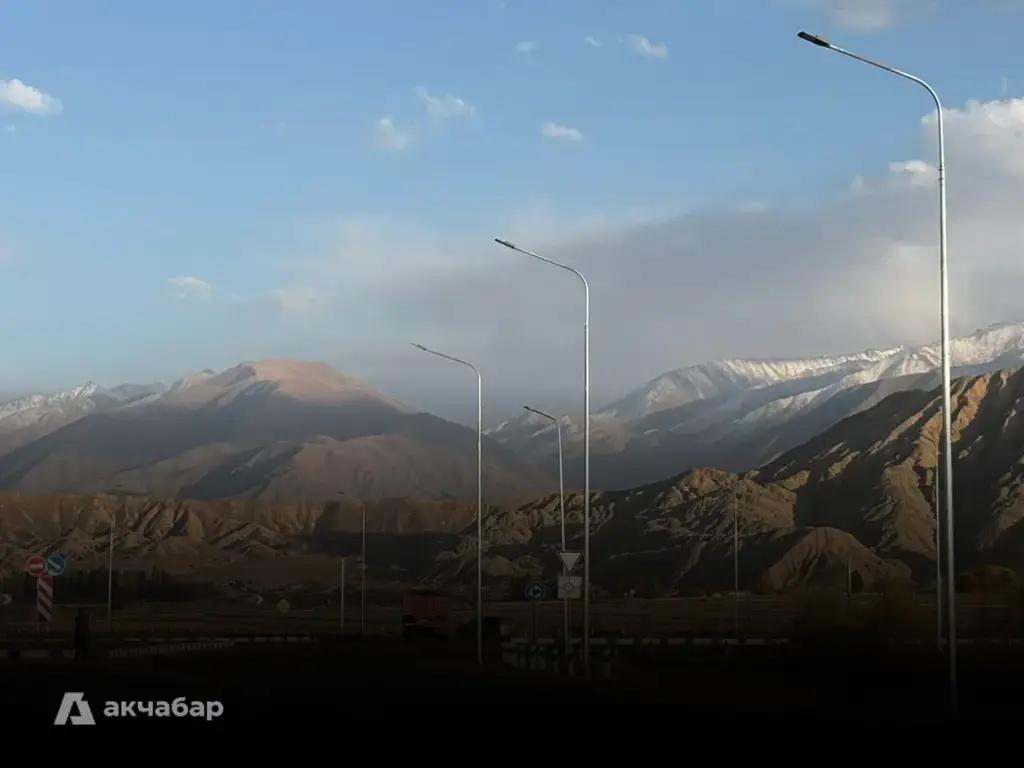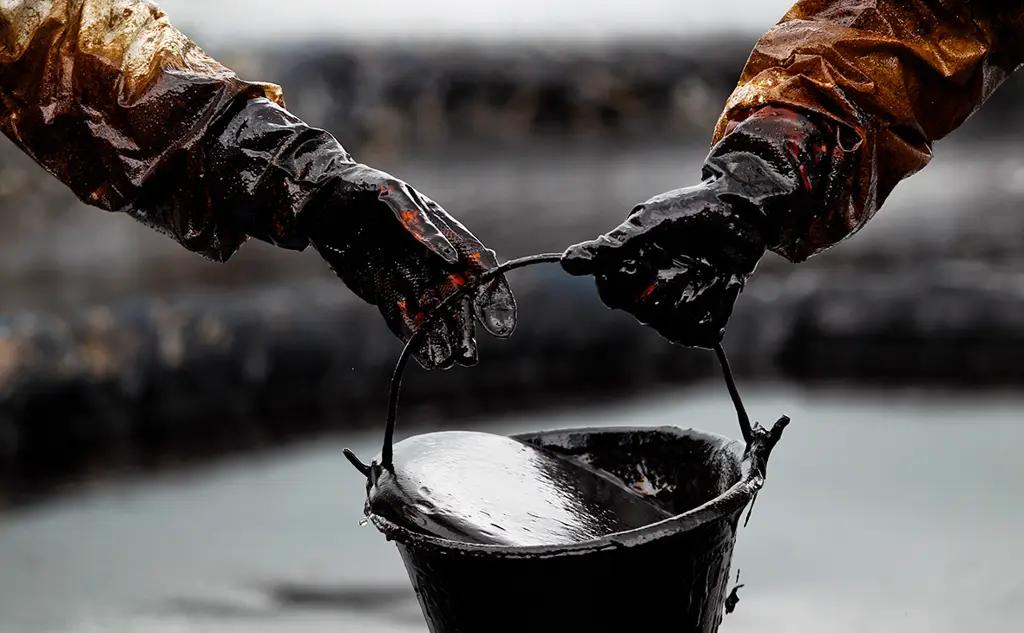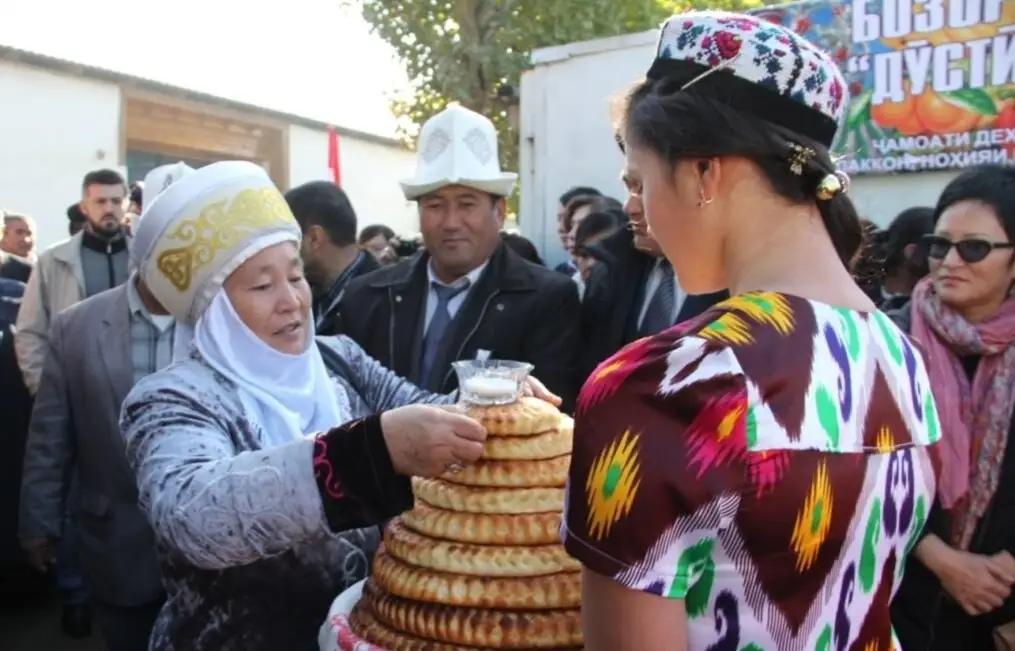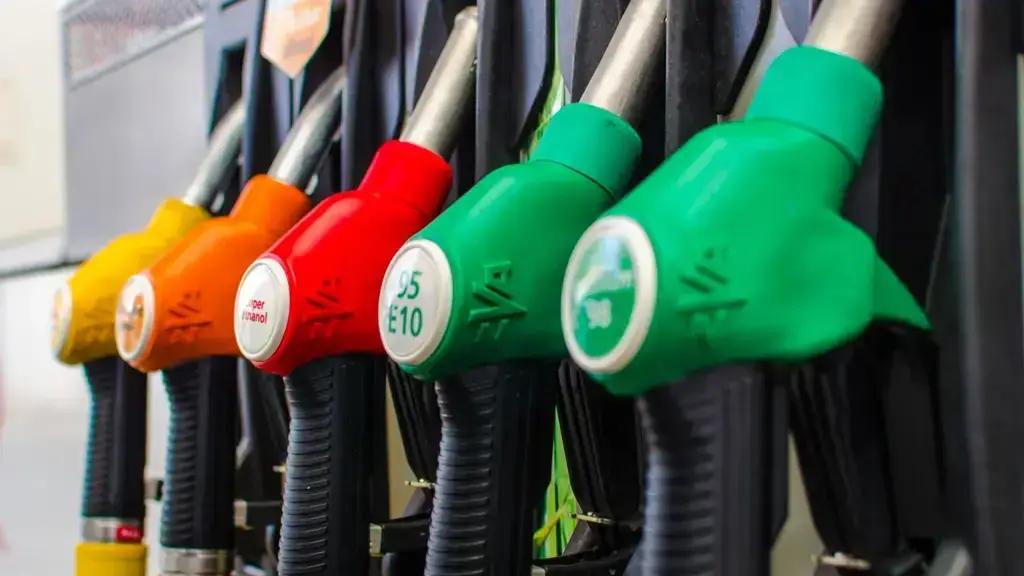
Published
10/23/2025, 16:33While fuel prices are rising at gas stations across Russia and reports of shortages are emerging in some regions, the fuel market in Kyrgyzstan is also facing turbulence. There are frequent reports of instability, with possible shortages and an expected increase in fuel prices of up to 15%.
This trend is linked to the geopolitical situation in Russia and the shortage of petroleum products. To ensure sufficient motor fuel for the domestic market, the Russian government has decided to ban diesel exports for non-producers and to extend the complete ban on the export of automobile gasoline. Both restrictions will remain in effect until the end of 2025.
According to the AutoVzglyad portal, the situation in Russia has developed due to several factors — the seasonal factor coincided with the sharply increased damage caused by drone strikes on the facilities of Russian oil refineries.
Should Kyrgyz citizens be concerned? In the local online space, reports have already emerged that some gas stations are out of 95-octane gasoline — and its price continues to rise. On October 8, the price of gasoline at “Munay Prom” stations was 79.4 KGS per liter, but by October 20, it had increased to 80.4 KGS. In other words, within just two weeks, the price of gasoline rose by 1 KGS.
The Antimonopoly Regulation Service reports that the supply of petroleum products to Kyrgyzstan is carried out under the existing intergovernmental agreement between the Ministry of Energy and the Russian Federation.
Kyrgyzstan’s annual demand for petroleum products is about 1.4 million tons. The indicative balance for light petroleum products (gasoline and diesel) for 2025 has been approved at the same level as in 2024 — 1.2 million tons (650,000 tons of gasoline and 550,000 tons of diesel fuel). However, at the initiative of oil traders, the issue of increasing the indicative balance is under consideration, as demand continues to grow year by year.
To prevent gas stations from unjustifiably raising fuel prices, regular meetings and working sessions are held with oil traders to discuss current issues related to fuel supply, pricing, stocks, delivery, and other factors affecting the market. Daily monitoring of retail fuel prices at Bishkek gas stations is conducted, along with a comparative analysis of fuel prices across the EAEU countries.
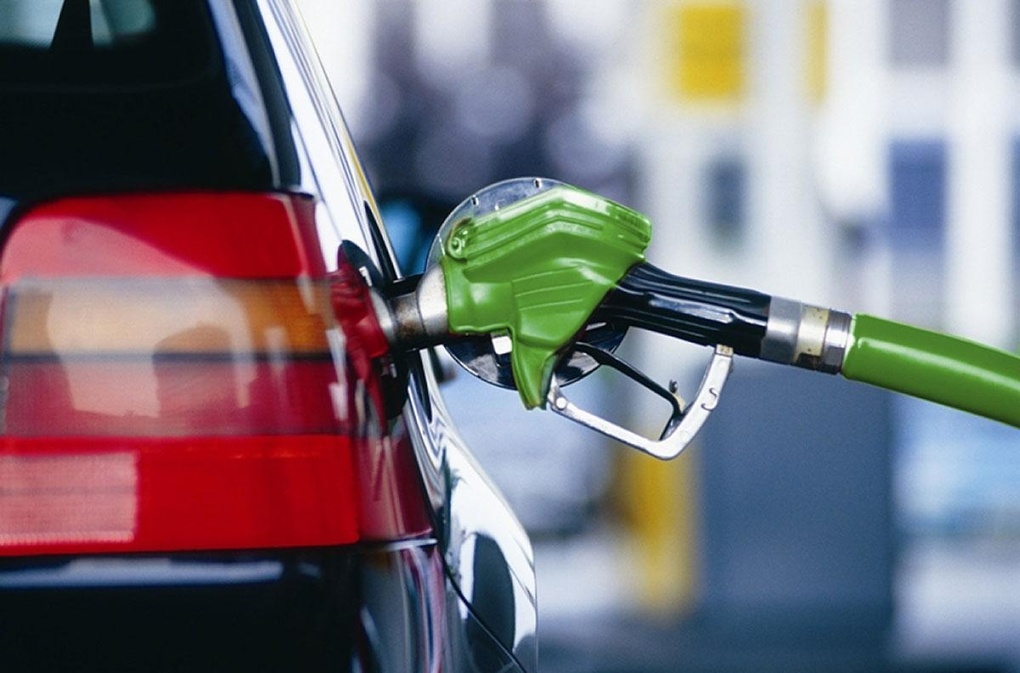
The Antimonopoly Regulation Service also reports, citing oil traders, that current fuel reserves are sufficient until the end of October.
“The slight increase in retail fuel prices at gas stations across the country is linked to higher wholesale prices at Russian oil refineries and insufficient supply to meet domestic demand. Due to the complex geopolitical situation in Russia and the resulting fuel shortage in its domestic market, fuel deliveries to Kyrgyz oil traders have been restricted,” — the State Antimonopoly Service said in a statement.
In addition, Russian suppliers have alternative buyers who are willing to purchase fuel and lubricants at higher prices.
As a result of the meeting attended by representatives of the Antimonopoly Service, fuel traders, and gas station operators, the Ministry of Economy and Commerce proposed temporary measures to stabilize prices. These include reducing the tax burden (excise tax, VAT, contributions to the Road Fund, fuel labeling, environmental fees, and fuel certification), as these payments and deductions account for about 20% of the fuel’s total cost. Additionally, it was proposed to provide domestic fuel traders with revolving loans to purchase petroleum products from Russian refineries at the newly increased prices. This measure has repeatedly proven effective in practice when fuel traders face shortages of working capital.
For their part, fuel traders expressed their readiness to ensure uninterrupted supplies of petroleum products until the end of the current year.
Deputy Chairman of the State Antimonopoly Service Syrgak Omorov told Akchabar that fuel prices in Kyrgyzstan remain at an optimal level compared to neighboring countries.
“At present, there is a certain shortage of petroleum products in Russia. It should be noted that fuel and lubricants are exchange-traded commodities, and their cost depends on prices set by the exchange. Currently, we are observing some increase in quotations for AI-92, AI-95 gasoline, and diesel fuel. However, despite this, fuel prices in Kyrgyzstan remain at an optimal level compared to neighboring countries. It is also worth noting that Russia and Kazakhstan are experiencing a slight fuel shortage as well. We expect that after the completion of autumn fieldwork in Russia, a certain volume of fuel will become available, which will then be purchased by our oil traders,” — he said.
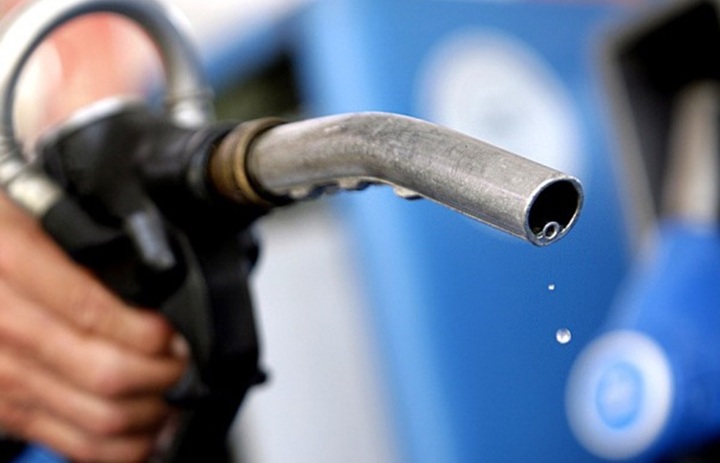
Regarding the expected increase in gasoline prices in Kyrgyzstan, he noted that there is a certain forecast that has been discussed with oil traders, and indeed, a slight rise is being observed.
“At the moment, some gas stations in Kyrgyzstan are experiencing a shortage of AI-92 or AI-95 gasoline, while others still have it available. This depends on the supply agreements that local oil traders have concluded with Russia. A certain volume of fuel is also currently in transit, so we will not face a situation like in Russia, where in some cities fuel is completely unavailable at gas stations. We are seeing only minor, localized issues, which are already being addressed by the oil traders,” — he said.
